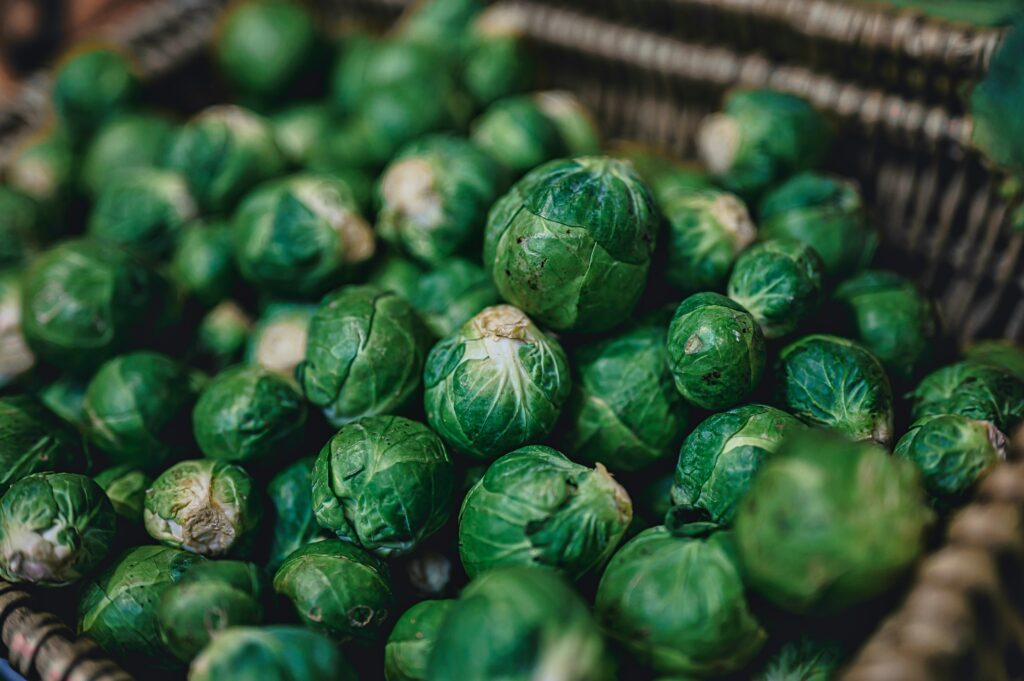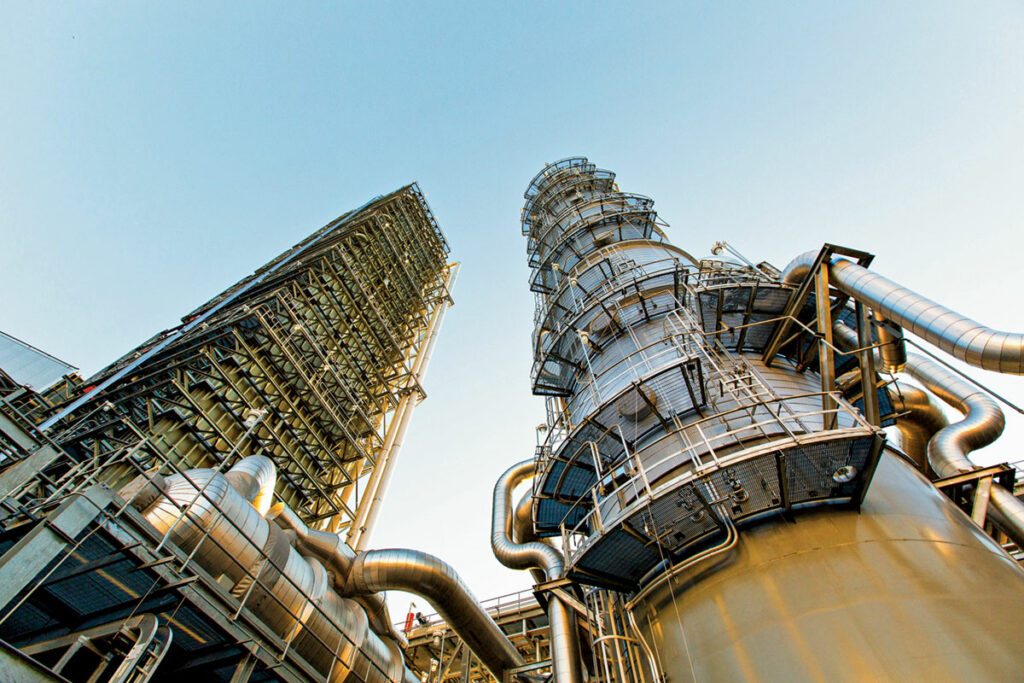From the CO2Science archive: If one feels strongly about the (debatable) need to reduce greenhouse-gas emissions to the atmosphere, a good place to start is with the next most important greenhouse gas after carbon dioxide, i.e., methane (CH4), each molecule of which has a global warming potential about 21 times greater than that of a CO2 molecule. Within this context, Boadi et al. review what is known about both established and newer methods for reducing CH4 emissions from dairy cows.
Paper reviewed: Boadi, D., Benchaar, C., Chiquette, J. and Masse, D. 2004. Mitigation strategies to reduce enteric methane emissions from dairy cows: Update review. Canadian Journal of Animal Science 84: 319-335.
What was learned
The authors report that existing mitigation strategies for reducing CH4 emissions from dairy cows include the addition of ionophores and fats to their food, as well as the use of high-quality forages and grains in their diet, while newer mitigation strategies include “the addition of probiotics, acetogens, bacteriocins, archaeal viruses, organic acids, [and] plant extracts (e.g., essential oils) to the diet, as well as immunization, and genetic selection of cows.” In fact, they provide a table of 20 such strategies, where the average maximum potential CH4 reduction that may result from the implementation of each strategy is 30% or more.
What it means
With as many as 20 different mitigation strategies from which to choose, each one of which (on average) has the potential to reduce CH4 emissions from dairy cows by as much as a third, it would appear there is a tremendous potential to dramatically curtail the amount of CH4 released to the atmosphere by these ruminants and, by implication, the host of other ruminants that mankind raises and uses for various purposes around the world. Such high-efficiency approaches to reducing the strength of the atmosphere’s greenhouse effect, while not reducing the biological benefits of elevated atmospheric CO2 concentrations in the process, should be at the top of any program designed to achieve that difficult (but still highly questionable) objective.



Is there any evidence for a warming effect for CH4? An ECS value for it? My uninformed impression was that it had a much smaller absorption cross section than CO2, and of course neither of these compare to the dreaded H2O. And it's hard to see how methane levels can rise very much, since the stuff turns into CO2 and H2O at the drop of a photon. I'd be all for reducing cow farts if it would do anything, but of course complaining about this is just part of the 'big tent' tactics used to get vegetarians all onboard with the fight against a functioning economy.
Spot on! Totally agree.
The "21 times stronger molecule" overlooks the fact that for every CH4 molecule there are 5,000 H2O molecules with equal absorbing strength. Methane operates at two main wavelengths according to van Wijngaarden and others - one of which is under the curve meaning no absorption is occurring and the other is overwhelmed by water vapour.
Why do so many ignore the natural carbon cycle? Ruminants eat fodder that relies on CO2 for photosynthesis. Fossil fuel users do not have that offset.
Furthermore Article 2 (b) of the 2015 Paris Agreement states clearly no measures should be taken that "threaten food production".
Originally we were told that CO2 was THE crucial GHG because it did not dissipate as quickly as methane. CO2 could accumulate for 100 years before decaying while methane would become harmless in 14 days.
Apparently we became tired of hearing about CO2 (or we were not observing the world burn up). The alarmists needed a fresh culprit.
By the way, before mankind spread domesticated livestock, how many natural bovine etc. roamed the earth? What about the dinosaurs? Are there more domesticated livestock than native ruminants now than 2,000 or 10,000 years ago? Would each dinosaur count as 100 milk cows? Has CO2 been debunked to the point where alarmists had to switch to something less studied?
Why do the worlds elite want us to spend our time on this subject and so many other non-sensical topics? Is it because they don't want us to pay attention to their true agendas?
CDN Action Item: get the word to the farmers lawyers about Article 2b so as to put the brakes on government interfering with fertilizers.